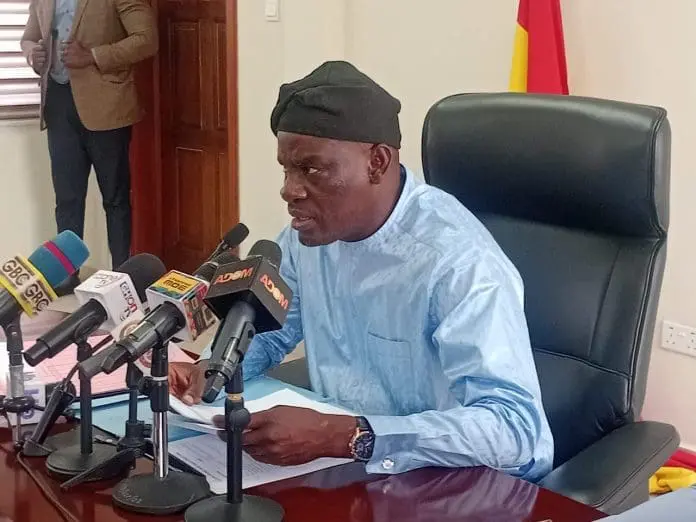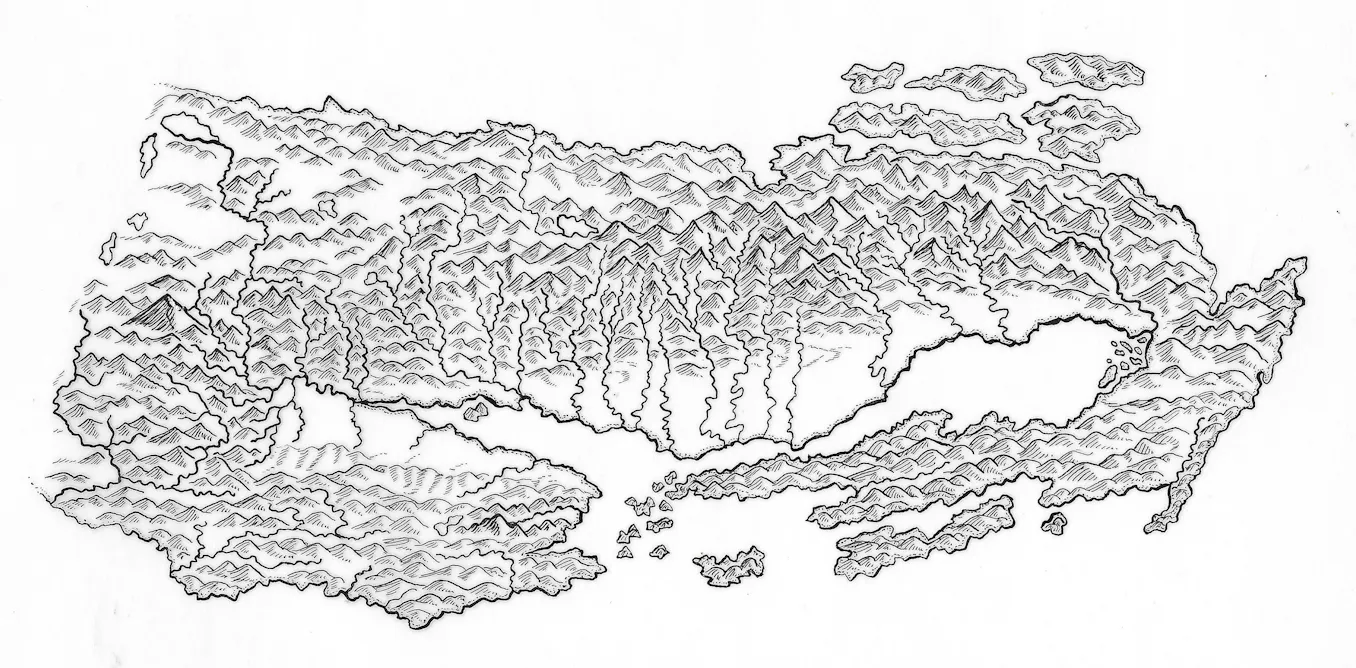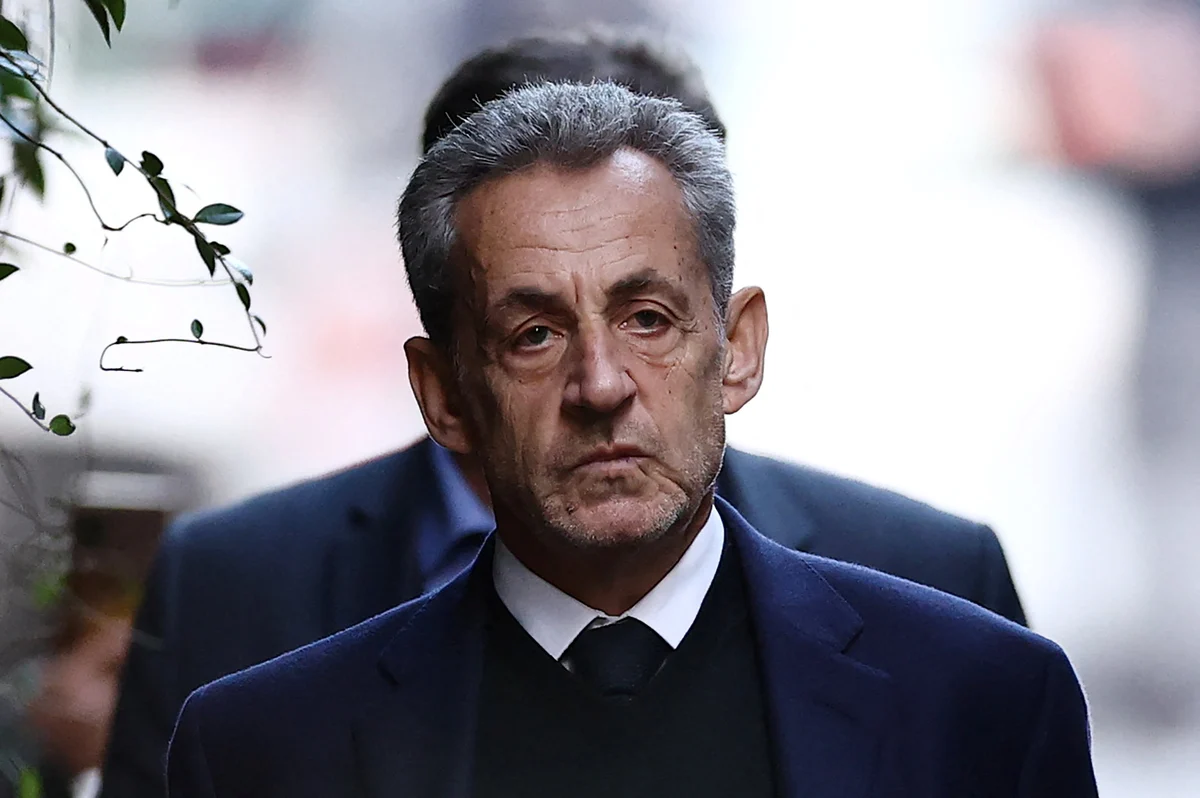Copyright ghananewss

Education Minister Haruna Iddrisu has called on stakeholders to fundamentally rethink Ghana’s development priorities, emphasizing the need to align educational policies with cultural identity, infrastructure development, and practical teaching approaches that empower rather than constrain learners. Iddrisu made the call Wednesday while delivering the keynote address at the launch of Professor Kwame Akyeampong’s latest book, coauthored with Dr. Sean Higgins, titled “Reconceptualizing the Learning Crisis in Africa: Multi dimensional Pedagogies of Accelerated Learning Programs” at the Kempinski Hotel Gold Coast City in Accra on October 22, 2025. The Minister described the book as a timely and deeply important contribution that challenges policymakers and educators to rethink how Africa defines learning success. He said the work calls for reclaiming the African classroom as a space where students nurture their sense of belonging and identity while developing strong basic skills. Iddrisu commended both authors for their extensive contributions to education research, noting that their work continues to shape policy and practice across Ghana and the continent. He observed that the global narrative of a learning crisis often misrepresents Africa’s educational realities, stressing that African children are not incapable of learning but are hindered by systemic and structural challenges. “When you are talking and writing about your learning crisis, don’t bring in innocent African children, for them, there is no learning crisis,” he said, arguing that the real crisis lies in how systems have ignored children’s wisdom, languages, and meaningful pedagogies. Curriculum review focuses on character formation Turning to Ghana’s ongoing curriculum review, the Minister explained the process reflects government determination to produce learners equipped with skills for the modern world while grounded in Ghana’s national values and cultural identity. He encouraged the review team to go beyond literacy and numeracy, focusing on areas that help mould character and responsible citizenship. Iddrisu proposed that Ghana’s basic education curriculum should include dedicated periods for teamwork and social development, suggesting at least an hour or two at the basic level for children to learn teamwork, belong to groups, and work together. Infrastructure deficits contradict free education policy The Minister lamented Ghana’s persistent infrastructure deficits, noting the contradiction between free education policies and inadequate learning facilities. He revealed that about 5,000 schools still operate under trees, with many more Ghanaian children unable to access basic education. Iddrisu said the Free Senior High School (SHS) policy, while noble, was not accompanied by needed infrastructure including classrooms, dormitories, and laboratories. He cautioned that free education initiatives must be matched with proper planning, urging the John Dramani Mahama administration to urgently address these gaps through research and targeted investment. Teachers as knowledge co-creators The Minister highlighted the vital role of teachers, emphasizing that meaningful learning occurs when teachers are empowered as knowledge cocreators rather than passive deliverers of instruction. He noted that evidence from Ghana, Ethiopia, and Liberia shows the so called global learning crisis has often been misinterpreted as a teaching crisis, leading to quick fixes that undermine professional capacity. Questioning English language dominance On language policy, Iddrisu questioned the dominance of English as the medium of instruction in early childhood education. He asked whether it makes sense to insist that children born into Ewe, Hausa, Dagomba, Gonja, Kusa, or Frafra communities must learn in English rather than their own languages, noting the relationship between language politics and improved learning outcomes. The Minister commended the authors for producing work that reframes Africa’s educational discourse from crisis to confidence, shifting the narrative from deficiency to possibility. He said the book reminds policymakers that classrooms are rich with wisdom, and that languages, stories, and community practices are not obstacles to development but foundations for building strong and sustainable learning. Iddrisu urged Ghana to continue learning from its own evidence, including the Complementary Basic Education Programme, and to scale principles that make it successful through contextual relevance, cultural grounding, and respect for learners. The book launch brought together education stakeholders, researchers, policymakers, and practitioners to discuss transformative approaches to African education. The event was supported by organizations including T-TEL Ghana, Luminos Fund, Jacobs Foundation, IDP Foundation, Yidan Prize Foundation, and mc2h Foundation.



